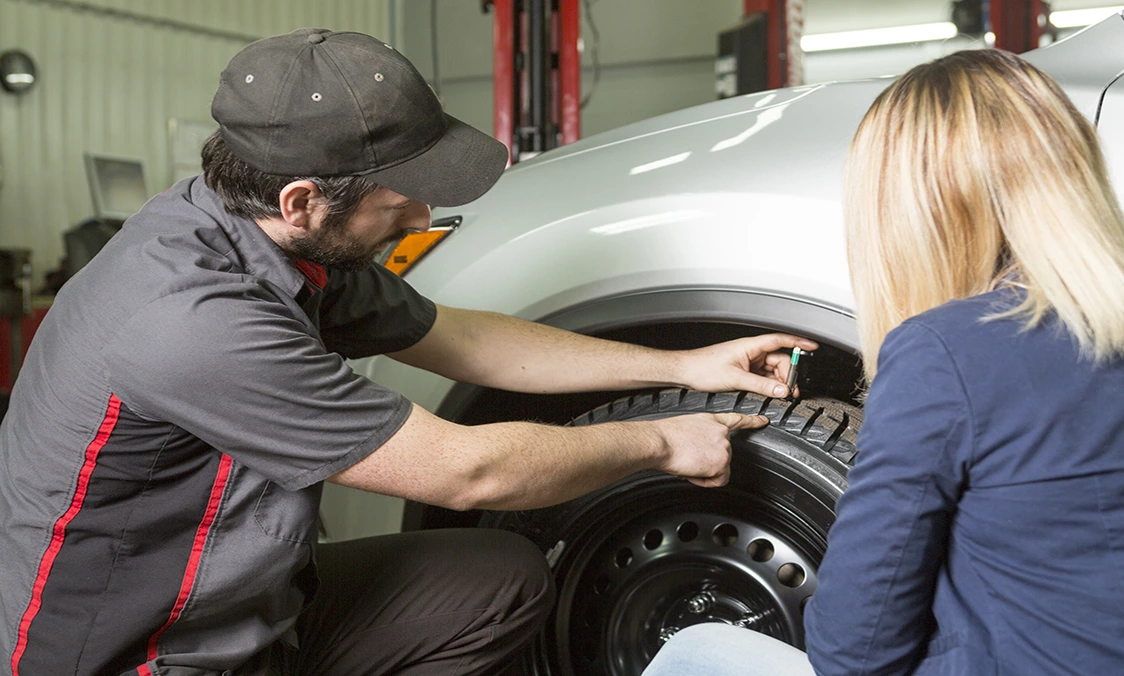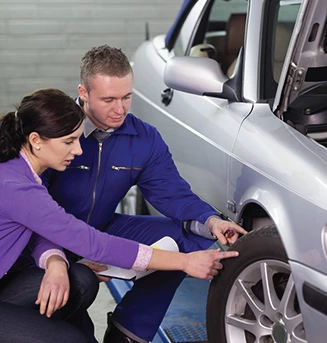How Much Does It Cost? (Variations in Vehicle Repair Costs)
June 5, 2022
Ever wonder why it costs so much more to fix a similar problem in two different vehicles? Let's say you now own an SUV and before that, you owned a car. Your SUV's air conditioning system needs a new evaporator, but the cost for the new one is way more than you remember it was for your car. How can there be that big of a difference?
There are many reasons. For one thing, vehicles aren't all the same. Yes, they have engines and steering wheels and suspensions, but engineering and design can vary widely among different styles and brands.
In the case of replacing the evaporator, the one in your former car may have been located in a spot where the technician could get to it easily. Plus, the part may have been less complicated and, therefore, cheaper. Your SUV may require the entire dashboard to be removed with special tools to detach the a/c lines from the evaporator. Plus, since it is supplying cool air to a bigger cabin, it may be more complicated; the part itself may cost quite a bit more.
But you're not an expert, so how do you know the price is fair? This is where it helps to establish a good, long-lasting relationship with a reputable service repair facility. They know you, they know your vehicle and they value keeping you as a customer. A facility that doesn't care about repeat business may try to suggest more repairs than are needed or inflate their prices. But those shops are unlikely to stay in business very long since their reputation gets around.
If you've been taking your vehicles to the same shop for several years, you've had experience with them and know their policy on labor costs and parts prices. At some point you may wonder if it's worth it to keep putting money into your vehicle, and if you know your service advisor, you have developed a trust for his or her advice.
Keep this in mind, too. Vehicle designers and engineers have made significant progress in things like powertrain technology and rust prevention. That means today's vehicles are meant to last longer. One study in a major consumer magazine shows that if you can keep your vehicle on the road for 200,000 miles/320,000 km, an average of 15 years, some vehicles can save you up to $30,000 or more. Investing in repairs can make a lot of sense.
TLC Custom Exhaust Brakes & Tires
1735 N Main St
Royal Oak, Michigan 48067
248-541-8300
http://www.tlcautocareroyaloak.com
Need Service?
More articles from TLC Auto Care

Oil Times are a-Changin' (Oil Change Synthetic)
May 12, 2024
When it comes to oil changes, things are really changing. Most newer vehicles require synthetic oil, and while it costs more than conventional oil, it doesn't need to be changed as often. When conventional oil was the only game in town, you changed your oil every 3,000 miles/5,000 km. But as tec... More

Steering You Right (Power Steering Signs of Problems)
May 5, 2024
Nearly every modern vehicle on the road today has power steering, a wonderful invention that makes steering take far less effort than it did in the "good old days." Today, we take our steering for granted: until something goes wrong, that is. Most power steering these days is rack-and-pinion, th... More

The Light Nobody Wants to See (Check Engine Light)
April 28, 2024
You've probably had your Check Engine Light go on. Then it goes off and you figure, hey, whatever the problem was, it's gone now and I don't have to worry about it. Well, the problem may have gone away and it may not have. Your vehicle likely has one of these warning lights on the instrument pa... More










